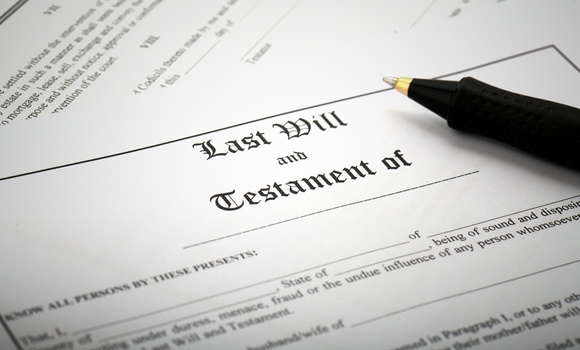The Institute of Legal Secretaries and PAs
Dedicated to your career every step of the way

Wills, Probate and Administration Advanced
Through studying this course the learner will understand:
- The requirements for a valid Will and how a Will can be amended, added to or revoked
- How to take instructions for the drafting of a Will, including ascertaining the extent of the Testator’s estate and the Testator’s wishes as to burial or other disposal of their body; gifts, bequests, legacies and devises, residue, appointment of Executors, Trustees and Guardians and administrative provisions
- How bequests can fail or partially fail by way of abatement, ademption, lapse, contingency, divorce, uncertainty or disclaimer
- The provisions of the Inheritance (Provision of Family and Dependants) Act 1975
- The procedure for bringing a Claim under the Act and the orders that can be made by the Court, with their effect
- The difference between Testacy and Intestacy
- The Order of entitlement (inheritance) of the relations and descendants of an Intestate where there is a surviving spouse and where there is no surviving spouse
- The nature of a Partial Intestacy
- The nature of a Grant of Probate and the procedure for obtaining such a Grant
- An Affidavit of Plight and Condition and an Affidavit of Due Execution
- The different types of Grants of Probate and obtaining a Grant in simple form and in solemn form
- The nature of a Grant of Letters of Administration and the procedure for obtaining such a Grant
- The duties and powers of Personal Representatives
- The purpose of an Oath for Executors and an Oath for Administrators
- The process whereby an estate is administered and distributed
- How to advise a Client about the advantages of making a Will
Coursework: Achievement test and written assignment














